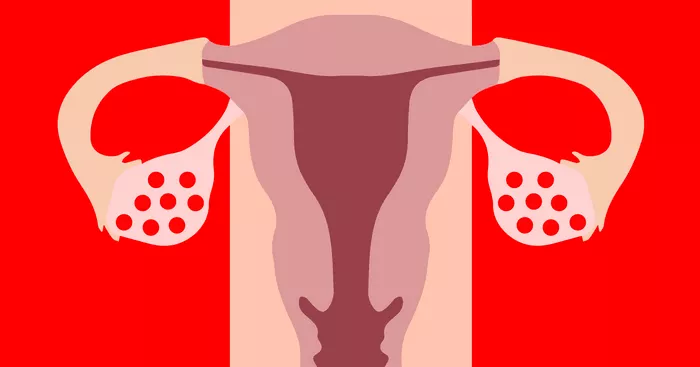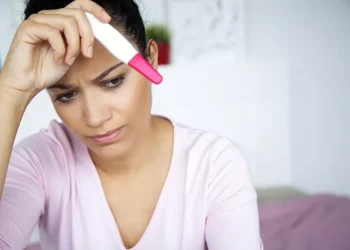Embarking on the journey to parenthood is an exciting chapter in life’s adventure, filled with hopes, dreams, and anticipation. For couples ready to expand their family, understanding the optimal timing for conception is key to achieving their goal. In this article, we’ll explore the question: When is the best time to get pregnant? We’ll delve into the intricacies of the menstrual cycle, ovulation, and fertility windows, offering insights into how couples can maximize their chances of conceiving.
The Menstrual Cycle: A Delicate Dance
At the heart of understanding the best time to get pregnant lies the menstrual cycle – a finely orchestrated symphony of hormonal fluctuations and physiological changes. The menstrual cycle typically lasts about 28 days, although variations are common. It consists of several phases, including menstruation, the follicular phase, ovulation, and the luteal phase.
Ovulation: The Golden Window of Fertility
Ovulation, the release of a mature egg from the ovary, is the pivotal event in the menstrual cycle and the optimal time for conception. Ovulation typically occurs around the middle of the menstrual cycle, approximately 14 days before the start of the next menstrual period. During this fertile window, the egg is viable for fertilization for about 12-24 hours, making timing crucial for couples trying to conceive.
Pinpointing Ovulation: Strategies for Success
Several methods can help couples identify the best time for conception by pinpointing ovulation:
Tracking Menstrual Cycles:
Keeping track of menstrual cycles and identifying patterns can provide valuable insights into the timing of ovulation. Many women have regular cycles, making it easier to predict when ovulation is likely to occur.
Monitoring Basal Body Temperature (BBT):
BBT charting involves taking your temperature every morning before getting out of bed and tracking subtle changes that indicate ovulation. A slight increase in basal body temperature following ovulation can help confirm the timing of ovulation.
Ovulation Predictor Kits (OPKs):
OPKs detect the surge in luteinizing hormone (LH) that occurs 24-36 hours before ovulation, helping couples pinpoint the fertile window with greater precision.
Cervical Mucus Changes:
The consistency and appearance of cervical mucus change throughout the menstrual cycle, becoming clear, slippery, and stretchy around ovulation. Monitoring these changes can provide clues about when ovulation is approaching.
Timing Intercourse: Maximizing Fertility Potential
Once ovulation is identified, timing intercourse strategically during the fertile window is crucial for maximizing the chances of conception. Couples are advised to engage in regular intercourse leading up to and during ovulation to optimize the likelihood of sperm encountering the egg.
Factors Affecting Fertility Timing
While understanding the best time to get pregnant is essential, it’s important to recognize that fertility timing can be influenced by various factors, including age, overall health, lifestyle habits, and underlying medical conditions. Women’s fertility declines with age, particularly after the age of 35, making timely conception increasingly challenging as they grow older.
Conclusion:
In conclusion, the best time to get pregnant revolves around the elusive window of ovulation – a brief yet crucial period of fertility within the menstrual cycle. By understanding the intricacies of the menstrual cycle, pinpointing ovulation, and timing intercourse strategically, couples can enhance their chances of conceiving and embark on the joyous journey of parenthood. Remember, while timing is important, patience, perseverance, and a dash of optimism can go a long way in navigating the path to parenthood.
























